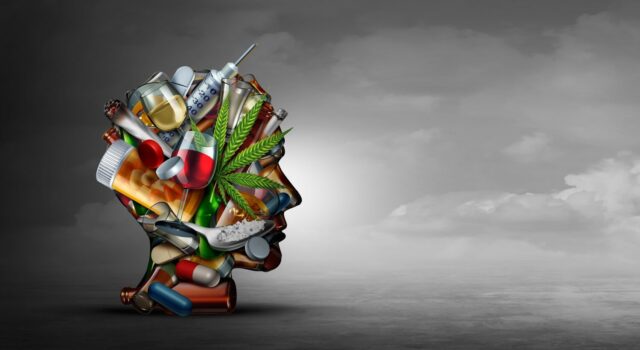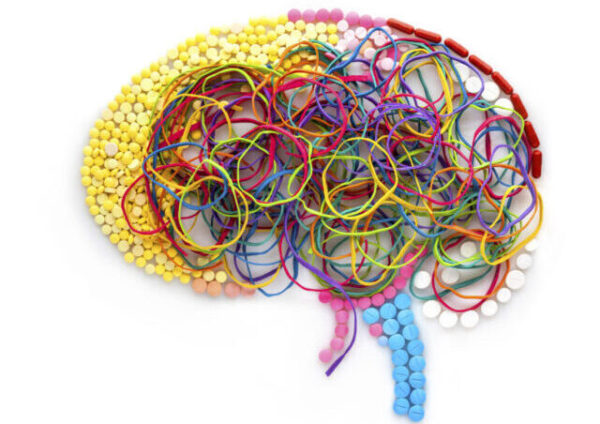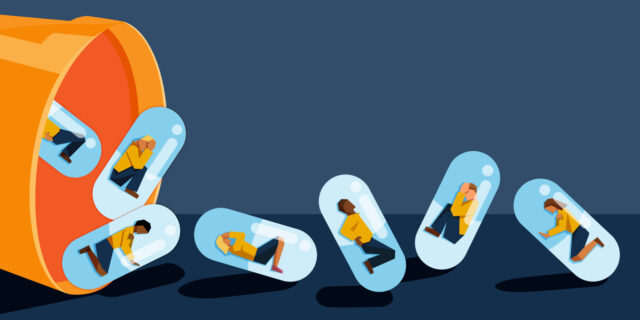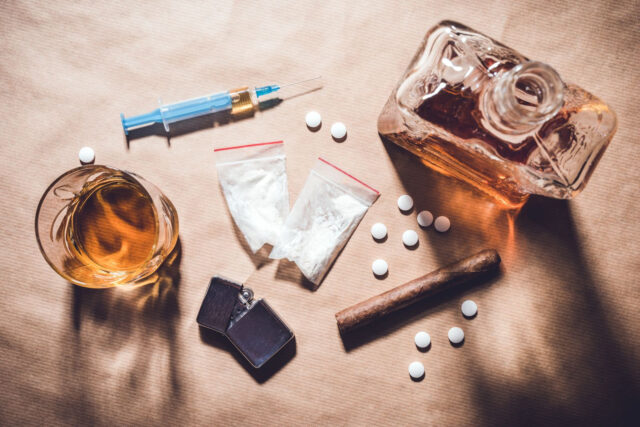
Addiction is more common than you might think, which means that you probably know someone who struggles with substance abuse.
This is why it is so important to become educated on what addiction is and how it can affect people. While you probably have an image in your head of what addiction looks like, it can take many forms and affect any type of person.
While the media often portrays people struggling with substance abuse as a person lacking good hygiene, struggling financially, and just looking overall disheveled, this is only one way that addiction can appear.
Some individuals who struggle with substance abuse can maintain outward appearances and remain high achievers at work.
Due to this discrepancy between media and reality regarding addiction, it’s important to be aware of the less-discussed facts.
With that being said, here are 7 things you might not know about addiction:
Addiction is a Disease

Addiction is considered to be a disease, as it changes the way your brain works and can be caused by behavioral, environmental, psychological, and even biological factors.
For example, the National Institutes of Health reports that “as much as half of a person’s risk of becoming addicted to nicotine, alcohol, or other drugs depends on his or her genetic makeup.”
While many people argue that addiction is a choice, this is only partially true. Yes, people do choose to pick up a drink or drugs, however, this choice is often influenced by a variety of risk factors.
These risk factors include:
- Family history of addiction
- Unresolved trauma
- Untreated mental health issues
- Family conflict
- Certain environmental factors
Once you abuse substances, your brain becomes rewired to repeat that action. This is because drugs and alcohol affect the reward system in your brain, teaching you that you experience pleasure and happiness when a substance is abused.
Addiction is a Chronic Illness

Addiction is also a chronic illness. While you might believe that substance use disorders are cured after a person completes an addiction treatment program, this is unfortunately false.
Other chronic conditions like diabetes require lifelong management to remain healthy, which is exactly how substance use disorders work.
Addiction has a similar relapse rate to other chronic conditions like asthma. While asthma’s relapse rate is between 50 to 70%, the addiction relapse rate is 40 to 60%.
While addiction treatment is vital to the recovery process, it is intended to teach you how to maintain sobriety outside of the facility. In other words, drug and alcohol rehab programs only provide you with the tools and techniques you need to continue managing your condition for the rest of your life.
There is not One Exact Cause of Addiction

Like many other diseases, there is not one exact cause of addiction. Instead, there are a multitude of risk factors and underlying issues that contribute to the development of substance use disorders.
Typically, people who develop an addiction have experienced more than one of the risk factors.
It is important to note that genetics alone will not cause you to suffer from a substance use disorder.
Genetic predispositions only make you more likely to suffer from addiction. In other words, something has to trigger your genetic predisposition to cause you to begin abusing substances and eventually develop an addiction.
The main causes of addiction include:
- Childhood trauma
- Untreated mental health conditions
- Environmental factors like peer pressure or early exposure to substances
Additionally, even biological factors like gender and ethnicity can increase your risk of addiction.
In other words, addiction can stem from a wide variety of factors, which makes it impossible to pinpoint the exact cause of the disease.
People Suffering From Addiction Might Not Feel “High”

When someone is addicted to a drug, that means they have developed a tolerance and have become dependent on the substance. Tolerance means a person has to use more of a substance to experience a desired effect.
On the other hand, dependency is characterized by the body and brain beginning to rely on the substance to function properly.
When someone is tolerant and dependent on drugs or alcohol, using the substance will not cause them to experience the same effects that you would.
Instead, consuming drugs or alcohol will cause them to feel normal. Without abusing the substance they are addicted to, they will not feel well.
This is often why it is so difficult for people to overcome addiction without professional intervention. The substances are no longer being used for fun, they are abusing them out of necessity.
Anyone Can Develop an Addiction

While the media often shows us images of addiction that include homeless people or individuals down on their luck, this disease can affect anyone.
In fact, most people who struggle with a substance use disorder do not meet this stereotype portrayed in the media. If they do, this happens after years and years of substance abuse.
Some people might begin abusing substances after experiencing trauma, which can happen to anyone. Studies have found that about 70% of people have dealt with trauma.
On the other hand, addiction often stems from harmless substance use. To explain, it is common for people who are prescribed pain medication after an injury or surgery to become dependent on opioids and then seek out substances on the street after their prescription runs out.
Addiction can happen to anyone, no matter your gender, race, identity, religion, or financial and social status.
Withdrawal Can Be Life-Threatening

In movies and TV shows, withdrawal is often shown as someone sweating and shaking in a dark room without any medical attention.
This might cause people to think that while withdrawal symptoms are difficult to cope with, you can overcome them in your own home. While some substances do not cause severe withdrawal symptoms, others might cause symptoms that are life-threatening without medical care.
Some of the life-threatening symptoms of withdrawal include:
- Delirium tremens (DTs)
- Seizures
- Hallucinations
- Severe dehydration
- Increased heart rate
- Suicidal ideation
Because symptoms like this are possible, especially when you are addicted to alcohol or benzodiazepines, it is important to seek help from a professional detox program.
These facilities can provide you with the medications you need to cope with withdrawal symptoms and prevent them from becoming severe.
Relapse Happens in Stages

While most people view relapse as a single action of returning to substance abuse after a period of sobriety, it actually occurs in stages. There are 3 stages of relapse: emotional, mental, and physical.
An emotional relapse occurs when you stop healthily managing your emotions. You might stop attending your recovery meetings, fail to reach out for help, and experience negative emotions like anger and sadness more often or intensely.
Next, we have mental relapses. This stage occurs if emotional relapse is not addressed properly.
Mental relapses often include coming up with reasons that substance abuse is okay, telling yourself you can control your drug and alcohol abuse this time, or actually planning out how you can relapse without getting caught.
If someone fails to reach out for help during the emotional or mental stages of relapse, they will experience the 3rd stage: physical relapse. This is when someone engages in substance abuse.
Helping an Addicted Loved One

Addiction is a chronic and progressive disease, so if you know someone who is struggling, it’s important to help them get the help they need. Speak to a trusted friend, doctor, or addiction specialist about your various treatment options.









